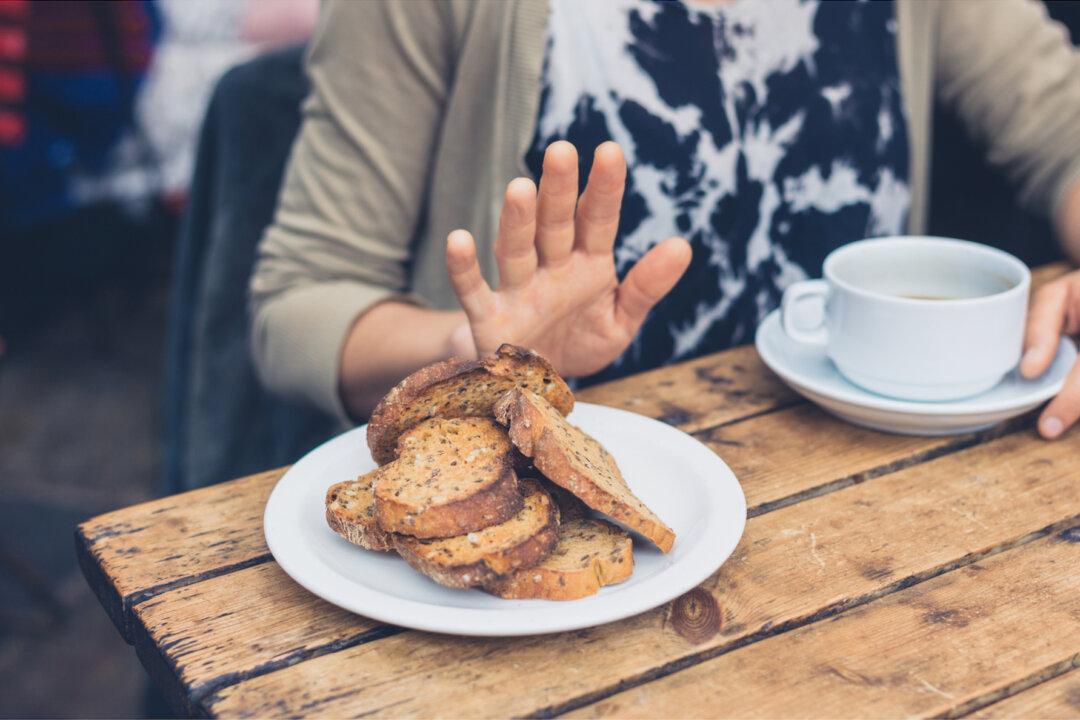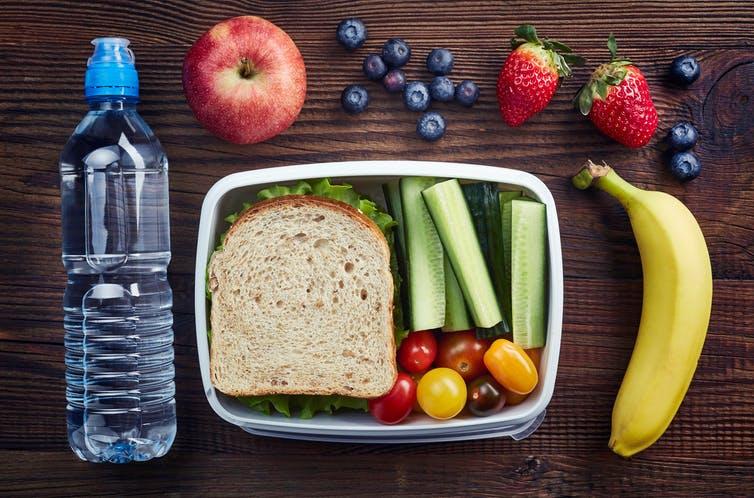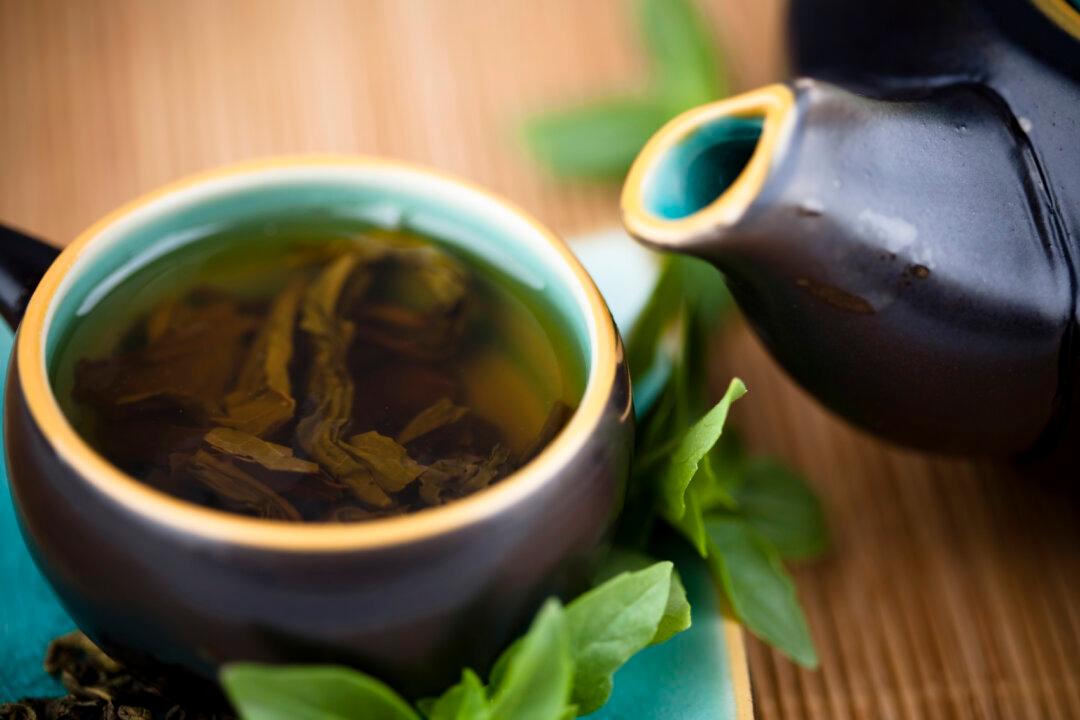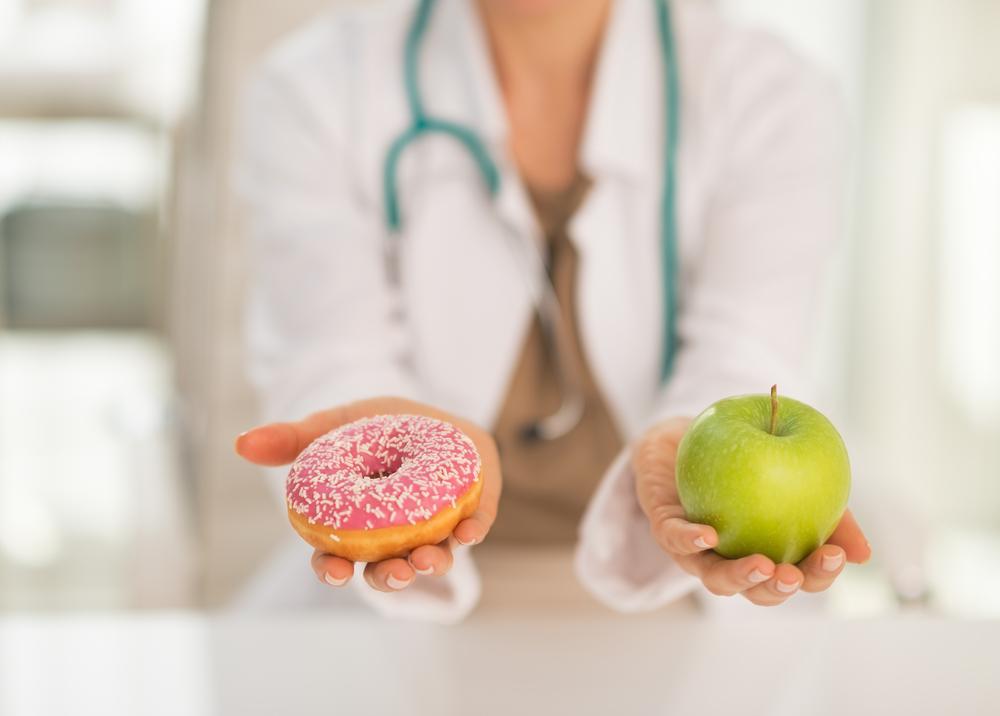There are many reasons people go vegan, from wanting to be healthier, to reducing their environmental footprint, to concerns about animal welfare.
No matter what the reason, many people find it difficult to meet the nutrient intake targets for specific vitamins and minerals while on a vegan diet. These include vitamin B12, iron, calcium, and iodine.




